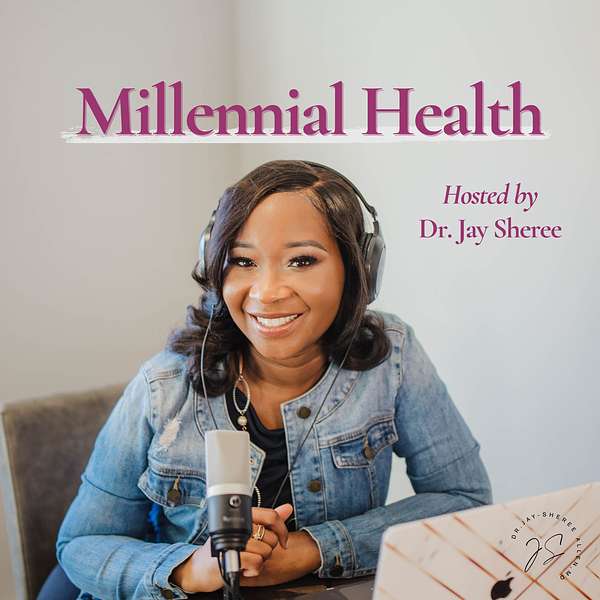
Millennial Health
Millennial Health
On Being an Advocate
In this week’s episode, I talk with Dr. Meron Herpa and Dr. Richard Bruno about medical advocacy and the need for advocacy coaching.
Dr. Herpa, a public health physician with the Cincinnati Health Department, has a passion for coaching physicians and future physicians to become medical advocates. Beginning with the loss of a loved one, Dr. Herpa shares her journey that led her to become a doctor and eventually, a medical advocate.
Dr. Bruno is a well-known medical advocate and he also shares his history of fighting the injustices of the medical system. He even tells us a story of getting arrested as he took a stand against the repeal of Obamacare.
In this conversation we discuss the urgent need for health and social justice as many patients across the United States are falling through the cracks, and are unable to get the medical care they need. Both Dr. Herpa and Dr. Bruno share statistics that show that health outcomes are significantly determined by social factors such as access to insurance, education, housing and nutrition.
In addition to this, we talked about different forms of medical advocacy and Dr. Herpa encouraged us to choose the form of advocacy that works best for us. For example, Dr. Bruno shares testimonies to legislators and attends rallies as a way to advocate, but others may prefer making calls, emailing legislators and using online resources.
Another option for those interested in becoming medical advocates is a new program through the American Medical Student Association (AMSA). It's a free advocacy coaching program for AMSA students and pre-medical students who are already members of AMSA. Through this program, students can gain access to a wealth of coaches with decades of experience in advocacy.
Additionally, Dr. Herpa and Dr. Bruno highlight some common issues among medical students and trainees as it relates to advocacy. These issues include navigating administrative barriers in medical school, fear of professional repercussions because of their advocacy work, and finding the right guidance as they get into advocacy work.
In the end, Dr. Herpa encourages us to use our voice and to get involved with advocacy in whatever way you can.
Key Points
- Urgent need for health and social justice as many patients across the United States are falling through the cracks, and are unable to get the medical care they need.
- The guests share statistics that show that health outcomes are significantly determined by social factors.
- There are different ways to get involved as a medical advocate and we should choose the path that best suits us.
- The American Medical Student Association (AMSA) has a free advocacy coaching program for AMSA students and pre-medical students who are already members of AMSA.
References:
- List of resources mentioned in the episode:
Connect with guest:
Thank you for listening to the Millennial Health Podcast. Please subscribe to the podcast, share with your friends and leave a review on Apple Podcasts. If you have questions or comments feel free to reach out on Instagram and Twitter @DrJaySheree
Disclaimer: The opinions expressed herein are my own and do not represent those of my employer.